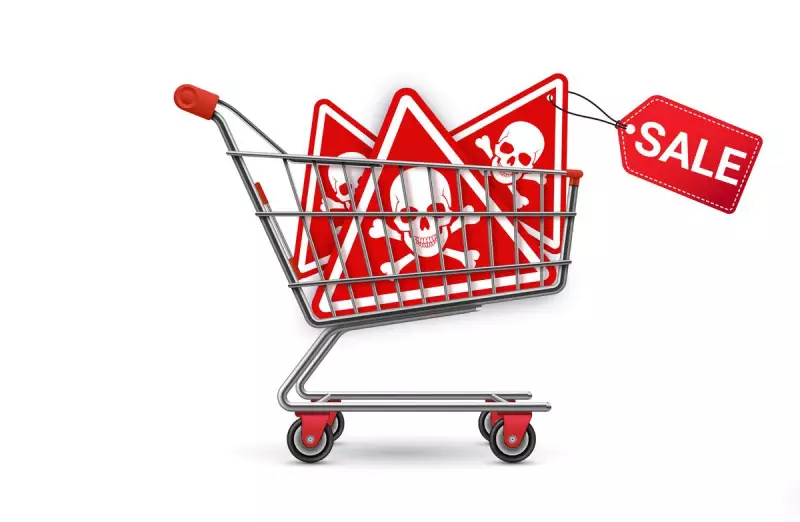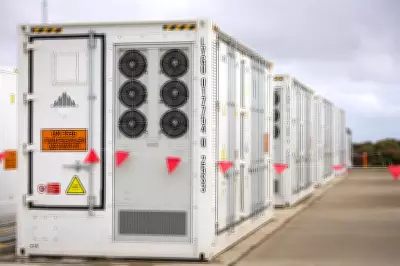
Australian parents are playing a dangerous game of chemical roulette when shopping for toys at Kmart, according to a disturbing new investigation that found multiple products containing hazardous substances. The popular discount retailer, trusted by millions of families across the country, has been selling toys with chemicals that pose serious health risks to children.
What the Investigation Uncovered
The alarming findings emerged from product testing conducted by consumer advocacy groups, which revealed that several Kmart toys contained concerning levels of harmful chemicals. Multiple products from Kmart's toy sections tested positive for phthalates, lead, and other toxic substances known to cause developmental issues, hormone disruption, and other health problems in children.
One particularly troubling discovery involved plastic dolls that contained high levels of phthalates, chemicals used to soften plastic but known to interfere with hormonal systems. Another product, a brightly colored building set, was found to contain lead in its paint coating. These findings are especially concerning given that children frequently put toys in their mouths, increasing their exposure to any dangerous chemicals present.
The investigation also identified issues with inadequate labeling and warning systems. Many of the problematic toys lacked clear indications of their chemical composition, leaving parents in the dark about potential risks. This failure to provide transparent information prevents consumers from making informed choices about the products they bring into their homes.
The Regulatory Gap in Australian Toy Safety
Australia's current regulatory framework for toy safety contains significant gaps that allow chemically hazardous products to reach store shelves. Unlike some other developed nations, Australia lacks comprehensive mandatory testing for chemical safety in toys before they enter the market. This regulatory shortfall places the burden of safety assurance largely on retailers and importers.
Consumer advocate Jerrie Demasi, who has been tracking product safety issues, expressed grave concerns about the situation. "We are supposed to trust Kmart, but buying their toys has become a dangerous game of chemical roulette," Demasi stated. She emphasized that families shopping at discount retailers often do so out of necessity and deserve the same level of safety assurance as those shopping at higher-end stores.
The investigation revealed that while Kmart has quality assurance processes in place, they appear insufficient for detecting all chemical hazards. The company relies on suppliers to certify their products meet Australian standards, but this system has proven vulnerable to failure, whether through negligence or intentional deception by manufacturers.
What Parents Need to Know and Do
Parents concerned about toy safety should look for products with clear safety certifications and avoid toys with strong chemical odors, which can indicate the presence of volatile organic compounds. Choosing toys made from natural materials like wood, cotton, and untreated silicone can reduce exposure risks.
Consumer advocates are calling for several key changes to protect Australian children:
- Mandatory pre-market testing for hazardous chemicals in all children's products
- Clearer labeling requirements that disclose all chemical components
- Stronger enforcement actions against retailers selling non-compliant products
- Regular independent testing of toys already on store shelves
Kmart has responded to the findings by stating they take product safety seriously and have processes to ensure compliance with Australian standards. The company noted they regularly review their product safety protocols and work with suppliers to maintain high standards. However, consumer advocates argue that the recent findings demonstrate that current measures are inadequate.
The situation highlights a broader issue in consumer product safety in Australia, where budget retailers face intense pressure to keep prices low while maintaining safety standards. As investigations continue and more products are tested, Australian parents are left wondering whether they can trust any of the toys on store shelves without comprehensive regulatory reform.





